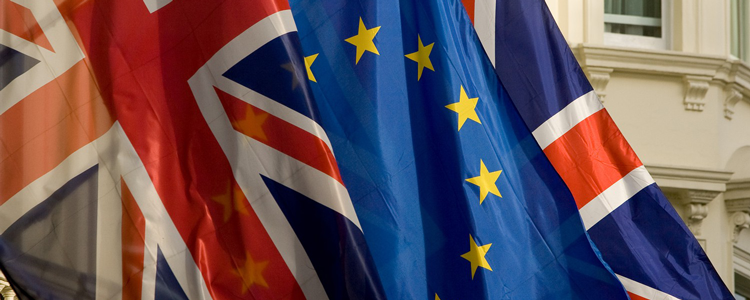
Brexit worries in the first quarter of 2016 are reported to have been a large contributory factor to a 10 percent drop in the number of available jobs in the UK.
In a survey completed by recruiter CV Screen it was revealed that the number of job applications had risen by 14 percent with the number of applications per job advert now averaging an impressive 114.
Economic overview
With the June referendum on the UK’s membership fast approaching, the knock on affect has been that many major employers have stalled their recruitment programmes until the result is known.
CV Screen Director Matthew Iveson commented “we have seen more roles put on hold in Q1 than in any quarter for the last number of years as employers adopt a wait and see approach. This trend is likely to continue until after the June referendum.”
High demand
Across the three main recruitment divisions at CV Screen (IT, Marketing and Digital and Accountancy and Finance) there have been a number of areas which continue to see high demand.
“We continue to see high demand for those with Web & Software Development skills and also those with strong Digital Marketing experience,” Iveson continued.
Alongside these historical areas of high demand CV Screen has noted within their Accountancy division that there has been an increase in demand for those with strong Credit Control experience. This suggests that customers are paying later and finance departments are reacting accordingly.
Traditionally rumors of an economic slowdown encourage companies to ensure that their credit control is tight.
Q2 outlook
The UK jobs market on paper looks to be in a good position still with unemployment rates at a historical low and Iveson believes that Q2 may well see an improvement from Q1.
“The early Easter will help in terms of any pent up demand from Q1 will fall in to the new tax year which is a time when new budgets are often set. That said the concerns surrounding Brexit is likely to mean that the UK jobs market remains uncertain and it may be that we have to wait until Q3 before demand increases significantly, Iveson continued.”





